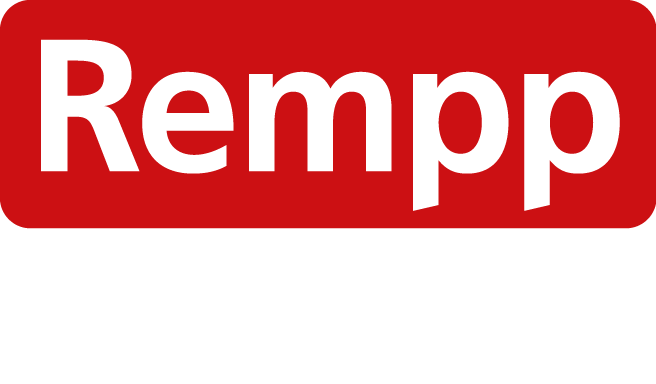Sustainability

Sustainability and environmental protection declaration
Rempp Küchen products are manufactured in accordance with the applicable legal environmental standards. When it comes to development, material procurement and production, sustainability is not just a buzzword at Rempp; in all areas, emphasis is placed on manufacturing products with a long service life.
Our employees are sensitised to handle natural resources with the utmost care when selecting, processing and disposing of materials.

Features that characterise Rempp’s environmental thinking
Sustainability is successful in the long term
Since its foundation in 1930, Rempp has attached great importance to ensuring that investments in people and production facilities are characterised by the principle of sustainability. In addition, fair treatment of customers, suppliers and employees is an important basis for long-term success.
The principle of sustainability requires that many plans in our company are made over generations. Here the realisation from forestry applies: what is planted today will only yield the day after tomorrow – what yields today was already planted the day before yesterday.
With this in mind, the Rempp Küchen family business is keen to continue producing top-quality, long-lasting and ecologically responsible kitchens in the future.

